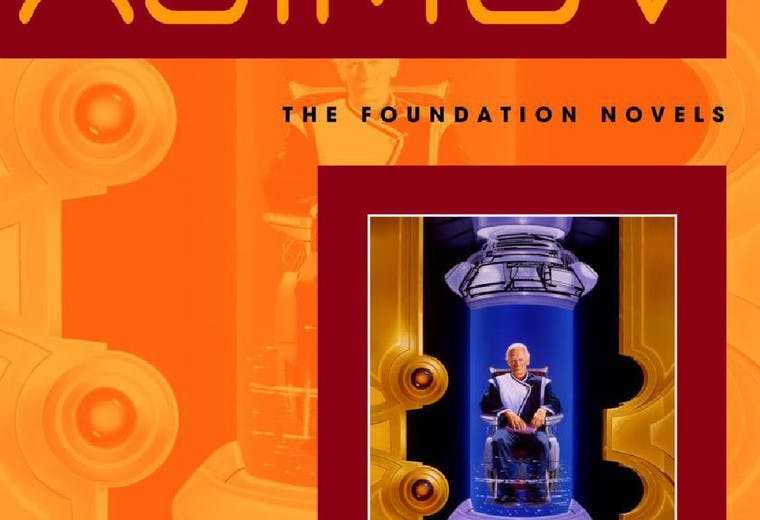Notes on Foundation by Isaac Asimov
- books
Foundation and Psychohistory
Foundation was a fascinating science fiction book centered around a concept that Asimov introduces called psychohistory.
The discipline of psychohistory (as imagined in Foundation) teaches that major historical events and trends can unfold in ways that are highly deterministic, inevitable and even predictable, if given enough information about the present as well as a sufficiently sophisticated prediction model.
In Asimov's imagined universe, scientists with backgrounds in both psychology and mathematics (and potentially other fields) attempt to predict the major historical outcomes of the next several thousand years.
They conclude the galactic empire is doomed and based on their morbid conclusions they plot out a plan to address the dire fate that the human race presumably faces.
Psychohistory in Our World
The closest thing I've seen to psychohistory in our world that has any measure of reasonability is centered around attempts to predict the probability that the human race will end over the next several hundred and thousand years.
For example, a paper called [Biotechnology and the lifetime of technical civilizations](https://arxiv.org/abs/1709.01149) was published by John Sotos in the International Journal of Astrobiology.
It attempts to model the "great filter" theory that has been proposed as an explanation to the Fermi paradox.
It makes several models of the median survival time for civilizations and bases it on the number of individuals who have the power to end civilization and the probability per year that each individual will act on that power (referred to as the psychosociology factor).
It concludes that based on this, we should aim to limit the number of individuals with the power to end civilization and keep to zero or as close to zero as possible.
This would give humanity the best chance to lasting a long time.
Foundation and the Psychohistoric Forces
In Foundation (spoiler alert), the human civilization of scientists discovers three psychohistoric forces that can be weilded by civilizations in order to exert dominance over other civilizations: (1) the balance of power (2) religion (3) trade.
It's fascinating to think of civilizations in these terms and to apply it to our own historical timeline.
Using Fiction to Introduce Academic Concepts
Isaac Asimov quite brilliantly shows how one can use a fictional world and a narrative built around it in order to introduce new ways of viewing our history and sociology.
